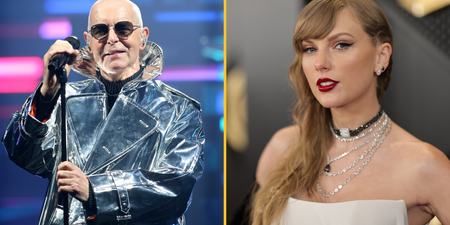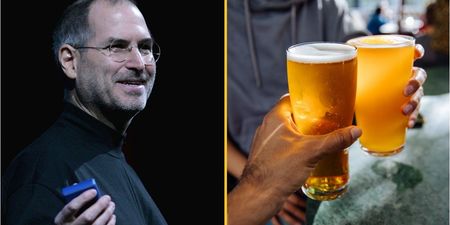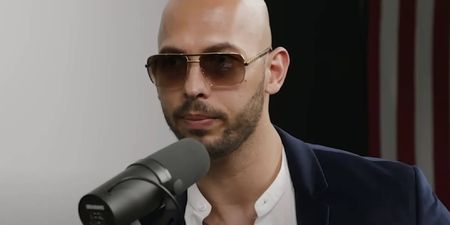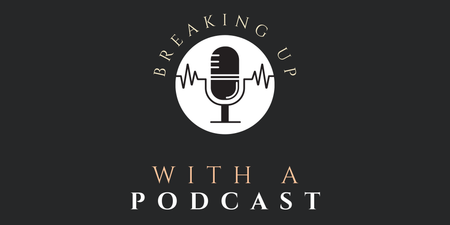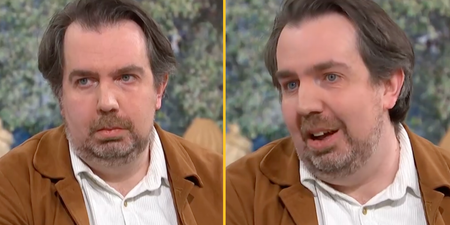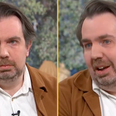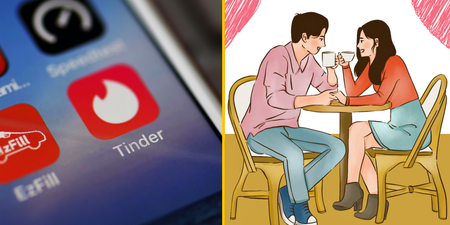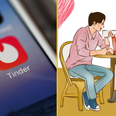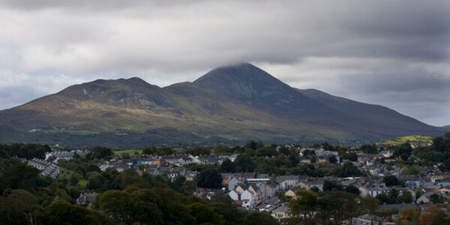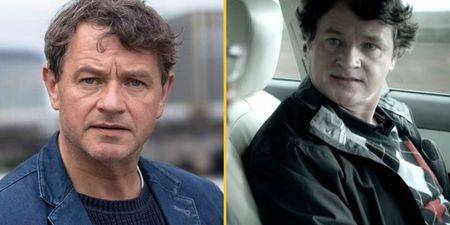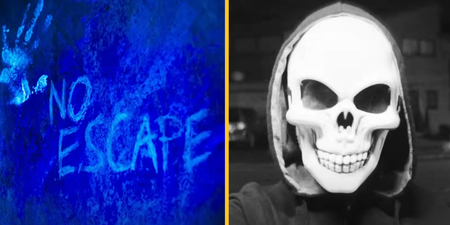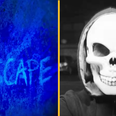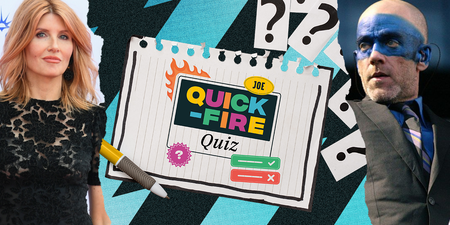“The Influencer Olympics” are upon us, but Coachella seems to represent something more sinister than just a festival.
Instagram has quickly become the social media platform that best represents a generation. For many it was MySpace, then Bebo came, and most recently we’ve lived through the Facebook and Twitter era.
And now it’s Instagram, which recently passed Snapchat as the most used social network among teenagers around the world.
But such popularity comes with a health warning. A recent report in Time Magazine found that Instagram was the most damaging social media platform, in terms of the effects it can have on users’ mental health.
Instagram is filled with “influencers”, which is a term we’re sure you don’t need defined at this stage.
You know what they are, you know what they do, and you know that their fanbases are inexplicably massive.
The majority remain as unproblematic as possible, sharing videos and pictures of themselves in the gym, followed by videos and pictures of themselves on holidays in gorgeous locations, living incredible lives that you could only ever dream of.
And that’s the damaging part.
Which brings us to Coachella. The pinnacle of festival season around the world every year. Off the bat, we’ll be honest, the festival looks like it should be amazing.
And for the people in attendance, it probably is. The biggest stars in the world get together in a beautiful location, where the weather is gorgeous. The lineup may not be to everyone’s taste, but the performers are undeniably huge names.
But it doesn’t exactly have the same effect on the onlookers who see the most perfect of people having the most perfect of times, or so it would seem.
It can seriously take its toll on your well-being to see the amazing lives that people seem to be living, when you know it’s something you’re never likely to experience for yourself.
Coachella sums this up better than anything, but we don’t have to travel all the way to LA to see this in full effect.
Closer to home, Rob Lipsett, one of Ireland’s most well-known influencers, has a YouTube video entitled ‘Welcome to Paradise’, where he goes into detail about his holiday to Thailand. He looks great, the holiday looks great, the company he keeps looks great.
“Paradise.”
And, to be fair, he’s far from the only one who presents their life in such an idyllic way.
Other influencers also use holidays and festivals as their main way of selling their lives. And fair play to them. They look like they’re having a great time, if you can look past the fact that they’re being filmed the whole time. But it’s those watching that need to be concerned.
Brendan Kelly, a professor of psychiatry in Trinity College, Dublin, had an interesting take on the subject.
Speaking to JOE, he said the responsibility for the impact of social media content shouldn’t be placed on the “influencers” themselves, and said that society as a whole should be somewhat more frugal on social media.
“The key is to make moral or ethical behaviour do just that: optimise market share,” Kelly said.
“In other words, clicks and attention are now as important as money, in terms of currency. We should spend these wisely, as we do our money.”
Kelly also discussed just how wrong it is for Instagram users to compare their lives to that of influencers, but also how it is natural to do so.
“Most human unhappiness results from people comparing themselves with other people,” Kelly added.
“Instagram allows us to do more of that than ever before. The comparisons feel close and direct, which is misleading.
“They are distant and unrealistic. Instagram images are highly curated, and as often as not we are comparing ourselves at a random moment with a picture of a celebrity whose stylist has spent hours setting it up. And comparison is uniquely psychologically corrosive.”
For people of a certain age group, likes are currency, as Kelly says.
And just like money, no matter how much you have, someone else will have more. But if it is currency, maybe don’t give it out to anyone and everyone.
Likes are currency. Maybe it’s time we start being more sensible with how we spend them.
LISTEN: You Must Be Jokin’ with Aideen McQueen – Faith healers, Coolock craic and Gigging as Gaeilge




